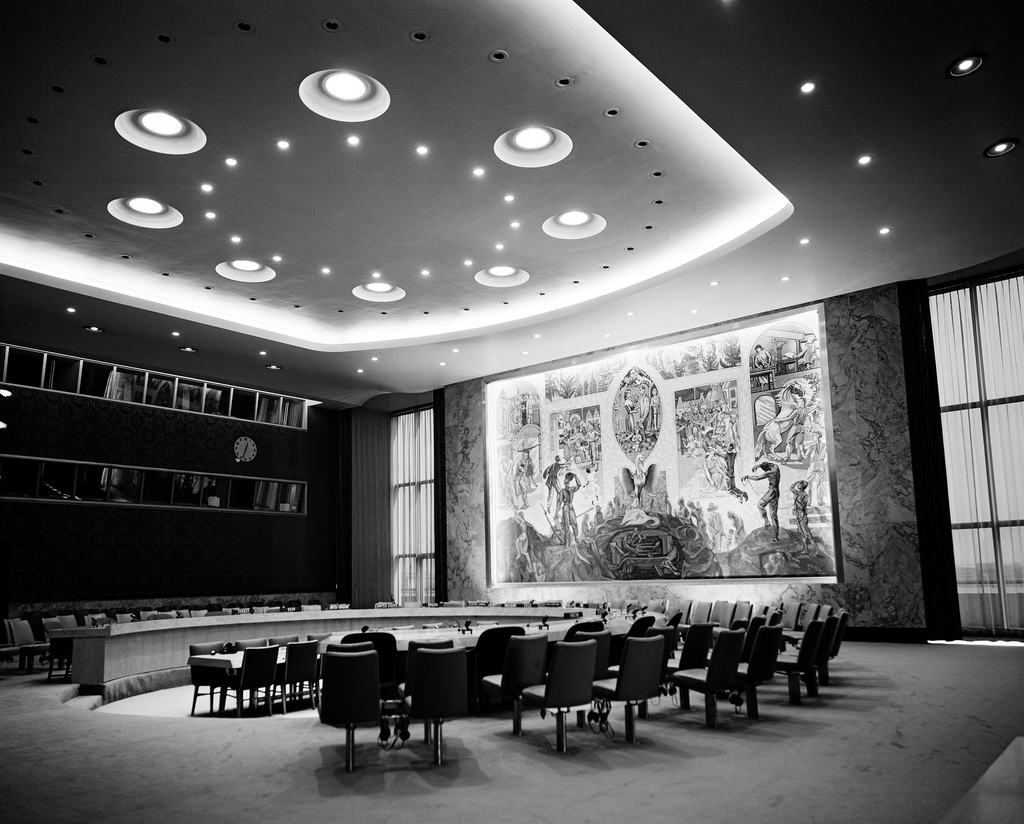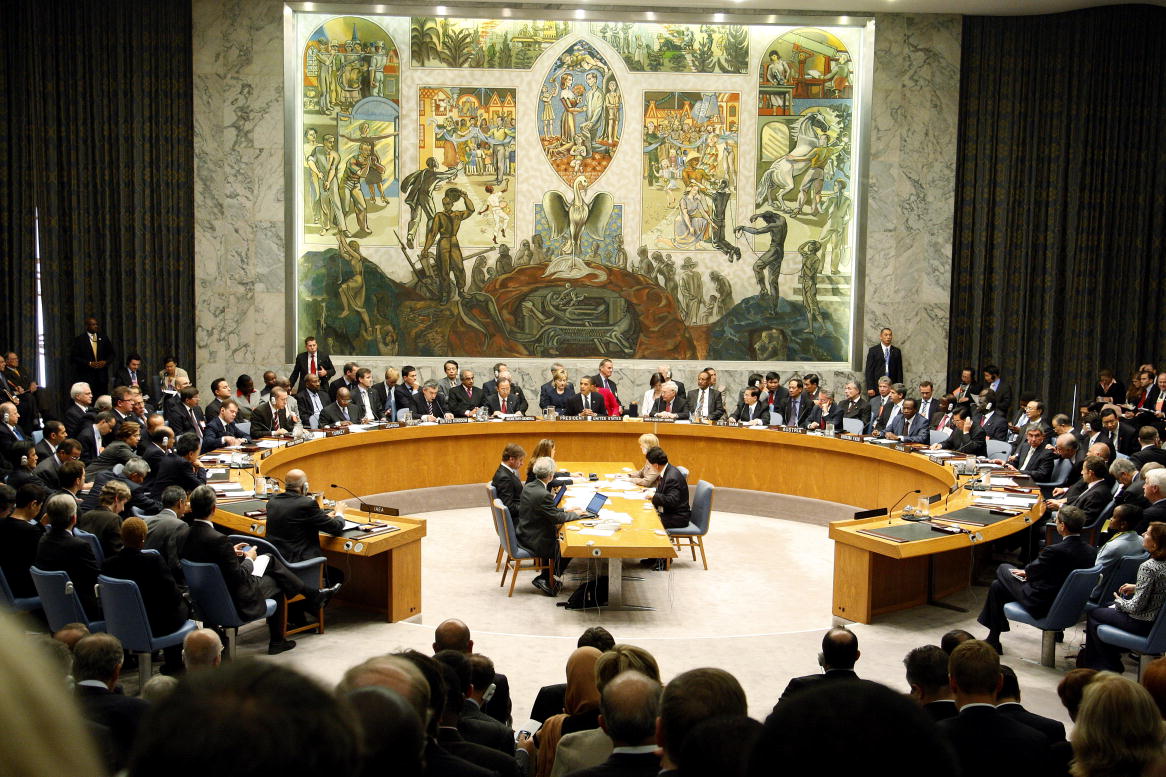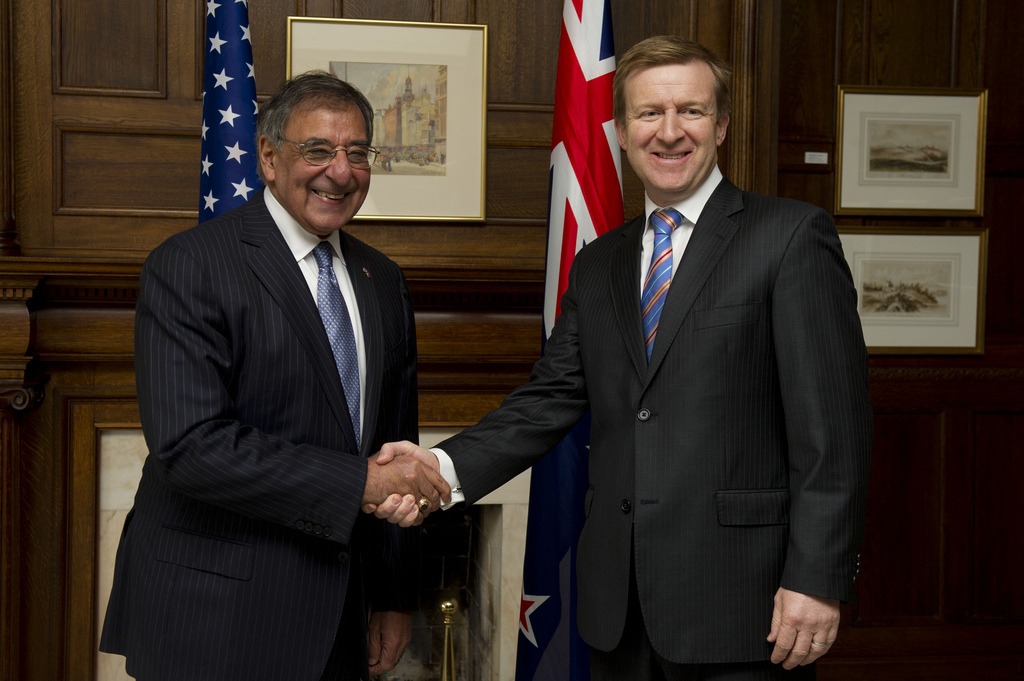UN Security Council bid: thinking the unthinkable
We will know around Friday afternoon whether Australia has been successful in winning its bid for a non-permanent seat on the UN Security Council. Having just returned from a trip to New York, the vibe I picked up there was cautious, perhaps even a little worried, about our chances. Our rivals for the seat, Finland and Luxembourg, have run effective campaigns and are not be underestimated: the outcome could be nail-bitingly close. Anthony Bergin and I wrote last week about why it’s very much in Australia’s interest to hold a seat on the Security Council. We are a middle power with global interests and being able to steer the UN—imperfect as it is—along tracks important to us is no small benefit. But good strategists also consider the down side risks: what happens if we lose the bid?
First up, recrimination will be the order of the day. A loss will mean that this weekend’s media will be full of astonished pundits expressing wonder about how it is that two of Europe’s minnows beat us to the seat: ‘Luxembourg, are you serious?’ It will be like losing the World Cup bid to Qatar. No attention will be paid to the fact that our competitors were campaigning for years before Australia started its bid. As the world is seen from New York, no one owes Australia a free lunch no matter how consequential we think we are. Although the Opposition has endorsed the bid in a low key way, a loss will lead to predictable charges of mismanagement. Some might wonder why the Prime Minister was bought so strongly and publicly into the last weeks of the campaign. Read more



